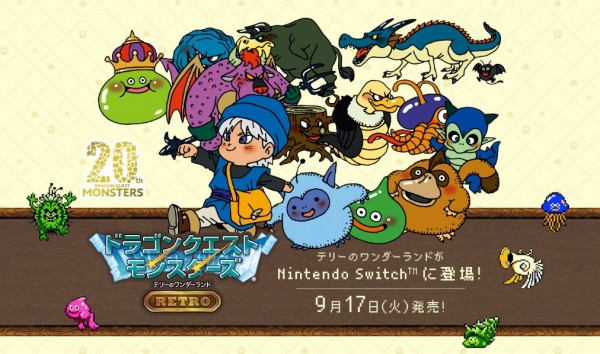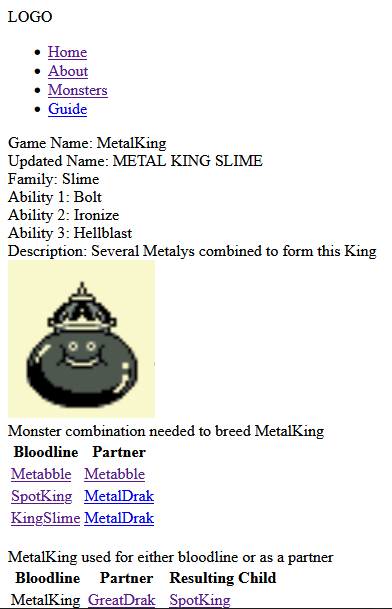Learning Django
Posted on Fri 17 September 2021 in Django
Post #18 Django website building
I've been building a personal Django website for the past couple of months or so without too much progress. The reason I started learning Django was because the database my workplace uses is a Django website hosted on a internal server. I joined this project more than halfway through so I had little idea on how the database connected to the html page and how the data was displayed, etc. I was tasked with creating a small application and learning how the Django website was built. Considering the project had little organization (it should honestly be refactored into separate apps), I went ahead and started my own Django project from scratch. While building my own application and reading the code of the Django project workplace has been a good exercise for me.
Django tutorials
I first started reading Django for Beginners by William S. Vincent and found that most of the things he was discussing was not what I wanted to do (although great to learn). This book covers the initial set-up, how to create an app, class-based views and templates, and a lot about user accounts and authorization. It didn't really cover the structure of Django and how the different apps connect with each other. It is a "follow the tutorial" style book and some of the topics seen here I think I would use later when I understand Django a bit more.
Additional resources I've used that have helped me is Corey Schafer's Django tutorial series, Mozilla's Django tutorial and Django's own documentation website. The first two tutorials were a little more easier to understand and discussed how Django works. Django is an incredibly powerful framework and I started to think Django was basically too much to make something simple such as a videogame information database that I was planning.
Dragon Warrior Monsters Database
A lot of lesson videos and tutorial sites note that a personal project is often better at helping you learn compared to following a tutorial website build. I don't think making a (insert website name here) clone or a generic e-commerce site is bad and it's great for understanding how the websites you use are built, but I've read tutorial builds from coding bootcamps are viewed differently (sometimes unfavorably) from a job interviewer. Tutorial builds showcase you can follow a recipe, but it doesn't necessarily show that you know how to use the tools.
I started making videogame tutorial database on Dragon Warrior Monsters (also known as Dragon Quest Monsters), a Gameboy game based on the famous JRPG series, Dragon Quest. The Dragon Quest series is an RPG where typically a party of 4 characters travel around the map battling monsters they encounter. Dragon Quest Monsters flips the script by recruiting, leveling, and breeding monsters to fight other monsters. Many will point out that sounds like Pokemon. The only similarity between the two games are recruiting and leveling up monsters. The battling system and leveling/breeding system are completely different. The breeding system is complicated and great to have a database. That is my primary reason of building this website -- create a database for a 23 year old game that no one will play or create a updated database for it. The perfect project for me, myself, and I.

Monster database
I created a monster model that shows the names (old names used in the original game and updated names used in later games), monster family, skills/ abilities learned, and description. I also created a breeding table model which shows which two monsters need to mate to get the target monster. The breeding table model is connected to the monster model by foreign key and I created a HTML page that displays both sets of information per monster. So far, I've created a MonsterList and MonsterDetail view with ListView and DetailView to display monster model and breeding table model, but it looks quite ugly with basic HTML5.
HTML5 and CSS
As you can see above, I found that my lack of HTML5 and CSS knowledge is a bit of a problem. I started freeCodeCamp's Responsive Web Design course to learn the basics of HTML5 and CSS. That's a post for another time.
